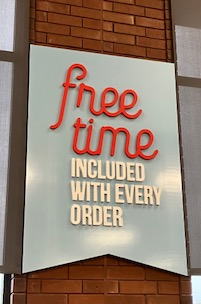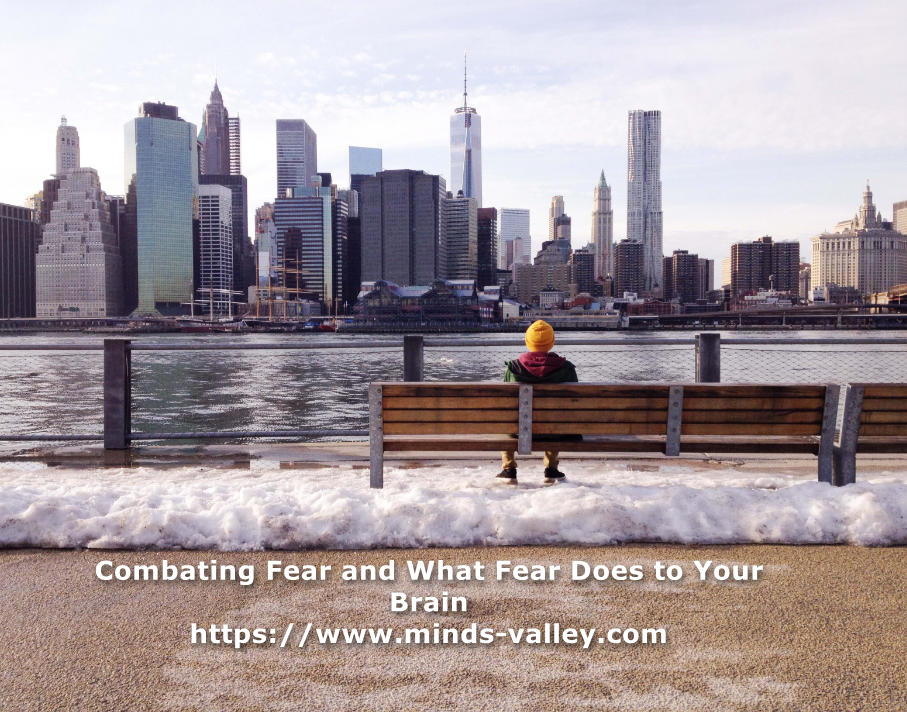
My mental health journey inspired me to help others, growing up in a Māori and Samoan family
Shaqaila Uelese talks about her mental health battle.
OPINION
Silence, more than anything, surrounded topics such as mental health in my upbringing. Some could argue this is a normal result of growing up in a Māori and Samoan family, or being raised in Flaxmere, a low socio-economic town with high levels of gang violence and suicide rates.
Others could be convinced my religious upbringing played a role in the absence of discussion.
In hindsight, behind the silence of any stigmatised topic, lay a thick blanket of fog called shame. For me, the shame came from not being able to articulate or understand complex emotions. For my whānau, the shame came from not knowing how to help.
Advertisement
Advertise with NZME.
We rarely talked about mental health growing up, nevertheless, I saw friends and whānau struggle with things like depression and anxiety.
Of course, at the time, terms such as “depression” and “anxiety” were just as foreign as “LGBTQIA+” but this did not mean it was not present.
I can’t remember mental health being taught at school or at church. I do however remember losing a friend in high school to cancer and feeling completely numb and unable to process her loss.
I also recall the stain of internalised homophobia and aggressive conflicting thoughts of navigating religion and sexuality. One common denominator in both of these experiences is they were followed by either silence, shame or both.
Advertisement
Advertise with NZME./cloudfront-ap-southeast-2.images.arcpublishing.com/nzme/NBPHKA7Y3NAAXOSK6UVWRG7FUI.jpg)
The high frequency of Māori/Pasifika suicide at home influenced my decision to leave Hawke’s Bay to study psychology at Massey University.
Having completed my studies, I now advocate for mental health awareness as a co-founder/executive director of a mental health non-profit for Māori, Pasifika & Rainbow+ communities called Nevertheless Trust.
Our charity is focused on supporting the holistic development of Māori, Pasifika and LGBTQIA+ peoples and creating safe spaces for us to talanoa/talk about mental health. We achieve this largely through delivering a kaupapa called MANIORO, which means to disrupt toxic narratives and unhealthy stereotypes through authenticity and creativity.
I was very pleased to see many Māori and Pasifika rangatahi attend ProCare’s Youth Health Forum 2023 and I was privileged to deliver the keynote speech.
I used the 88 keys of a piano as a metaphor for my life and the difference it makes when I draw on only parts of my identity, rather than being my full authentic self. I drew upon my lived experience as a Māori and Samoan person of faith who also identifies as Takatāpui (Rainbow/LGBTQIA+). I tautoko ProCare’s efforts to elevate the voices of our rangatahi on matters pertaining to their health and wellbeing.
Rangatahi who attended ProCare’s Youth Health Forum 2023 identified several challenges surrounding mental health including a lack of support and coping strategies, inequities in mental health care, affordability issues and delays in accessing help through helplines.
To combat these challenges, rangatahi proposed targeted solutions, some of which include providing mental health training for teachers and incorporating mental health education into school curriculums.
It is very clear that rangatahi want mental health to be a more prevalent topic in their schooling and education. Other targeted solutions include increasing cultural representation in the mental health workforce and offering free or affordable services.
Māori and Pasifika are disproportionately represented in mental illness statistics, increasing cultural representation in the workforce is vital and could help reduce stigma and shame around accessing health services.
Furthermore, Māori and Pasifika should be represented at every level of the mental health workforce including in positions of governance where strategies and policies are written, rather than being on the front lines only or in tick-box positions. Improving the responsiveness of helplines, is another solution rangatahi identified.
Advertisement
Advertise with NZME./cloudfront-ap-southeast-2.images.arcpublishing.com/nzme/GHG5N4NS5ZDGPPFQ4KSNCV2SBY.JPG)
The use of vaping, alcohol, and other drugs was the second theme selected for discussion at Te Pou Tautoko Rangatahi forum. Substance abuse in adolescents aged 13-19 poses a significant threat to their mental and physical wellbeing.
In relation to vaping, alcohol and other drugs, rangatahi identified the easy accessibility and attractive marketing to be enticing and for both vaping and alcohol. Other challenges they highlighted included, substances being used as coping mechanisms, peer pressure, family influence, lack of strict regulation and relationship harm.
Rangatahi suggested solutions that involve enforcing stricter regulations, comprehensive substance education in schools, harm reduction strategies, engagement of youth and families in prevention, and stricter regulations regarding accessibility of substances.
After reading the insights and solutions discussed in the white paper, I can see rangatahi actively rejecting stigma, shame and silence around mental health and harmful substances through providing mana enhancing solutions.
Through reading the perspective of rangatahi and implementing their recommendations, it is possible to bring about positive changes and improve youth health outcomes in Aotearoa.
Shaqaila Uelese is the Co-director/Founder of mental health organisation Nevertheless
Advertisement
Advertise with NZME.
WHERE TO GET HELP
If it is an emergency and you or someone else is at risk, call 111.
For counselling and support:
Lifeline: Call 0800 543 354 or text 4357 (HELP)
Suicide Crisis Helpline: Call 0508 828 865 (0508 TAUTOKO)
Need to talk? Call or text 1737
Advertisement
Advertise with NZME.
Depression helpline: Call 0800 111 757 or text 4202
For children and young people:
Youthline: Call 0800 376 633 or text 234
What’s Up: Call 0800 942 8787 (11am to 11pm) or webchat (11am to 10.30pm)
The Lowdown: Text 5626 or webchat
For help with specific issues:
Advertisement
Advertise with NZME.
Alcohol and Drug Helpline: Call 0800 787 797
Anxiety Helpline: Call 0800 269 4389 (0800 ANXIETY)
OutLine: Call 0800 688 5463 (0800 OUTLINE) (6pm-9pm)
Safe to talk (sexual harm): Call 0800 044 334 or text 4334
All services are free and available 24/7 unless otherwise specified.
For more information and support, talk to your local doctor, hauora, community mental health team, or counselling service. The Mental Health Foundation has more helplines and service contacts on its website.
Advertisement
Advertise with NZME.
Source link





:quality(70)/d27020bajtkr6c.cloudfront.net/11-03-2021/t_d0eb4b0e5d1b4957bc6864db7fb546d3_name_file_960x540_1600_v4_.jpg)

